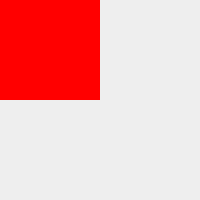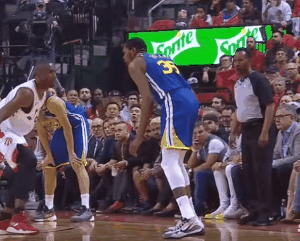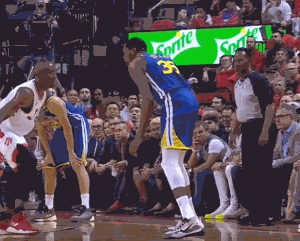gif-encoder-2
Encode GIFs with Node.js
Contents
Installation
npm install gif-encoder-2
Overview
This library builds on top of previous JavaScript GIF encoders including jsgif and gifencoder.
This library adds the Octree quantization algorithm as an alternative to the original NeuQuant algorithm.
This library adds a simple optimizer to speed up overall processing time of both algorithms.
This library adds a progress event.
This library is designed to be used in a Node environment, including the Electron renderer process. Node Canvas can be a useful peer library but isn't required. The [HTML Canvas API] can be used in Electron.
Usage
Constructor
GIFEncoder(width, height, algorithm, useOptimizer, totalFrames)
| Parameter | Type | Description | Required | Default |
|---|---|---|---|---|
width |
number | the width of images in pixels | yes | n/a |
height |
number | the height of images in pixels | yes | n/a |
algorithm |
string | neuquant or octree |
no | neuquant |
useOptimizer |
boolean | enables/disables optimizer | no | false |
totalFrames |
number | total number of images | no | 0 |
const encoder = 500 500const encoder = 1200 800 'octree' falseconst encoder = 720 480 'neuquant' true 20Methods
| Method | Parameter | Description | Notes |
|---|---|---|---|
start |
n/a | Starts the encoder | n/a |
addFrame |
Canvas Context |
Adds a frame to the GIF | n/a |
setDelay |
number | Number of milliseconds to display frame | Can be set once or per frame |
setFramesPerSecond |
number | Number of frames per second to display | Another way to set delay |
setQuality |
number 1-30 | Neuquant quality | 1 is best/slowest |
setThreshold |
number 0-100 | Optimizer threshold percentage | Color table reused if current frame matches previous frame |
setRepeat |
number >= 0 | Number of loops GIF does | 0 is forever, anything else if literal number of loops |
finish |
n/a | Stops the encoder | Call after all frames are added |
Examples
Canvas Animation
Draw a square that changes color as it moves.
const GIFEncoder = const createCanvas = const writeFile = const path = const size = 200const half = size / 2 const canvas = const ctx = canvas { ctxfillStyle = '#ffffff' ctx} const encoder = size sizeencoderencoderstart ctxfillStyle = '#ff0000'ctxencoder ctxfillStyle = '#00ff00'ctxencoder ctxfillStyle = '#0000ff'ctxencoder ctxfillStyle = '#ffff00'ctxencoder encoder const buffer = encoderout

Sequencial Images
Create a function that reads a directory of images and turns them into a GIF.
const GIFEncoder = const createCanvas Image = const createWriteStream readdir = const promisify = const path = const readdirAsync = const imagesFolder = path { return async { // read image directory const files = await // find the width and height of the image const width height = await { const image = image imagesrc = path } // base GIF filepath on which algorithm is being used const dstPath = path // create a write stream for GIF data const writeStream = // when stream closes GIF is created so resolve promise writeStream const encoder = width height algorithm // pipe encoder's read stream to our write stream encoder encoderstart encoder const canvas = const ctx = canvas // draw an image for each file and add frame to encoder for const file of files await { const image = image { ctx encoder } imagesrc = path } }} NeuQuant Algorithm

Octree Algorithm

Algorithms
- NeuQuant tends to perform faster than Octree
- Octree tends to output a smaller file than NeuQuant
- Octree produces a slight banding effect
The example above encodes 20 images measuring 300px x 240px. The output file from NeuQuant is 1172KB and the Octree is less than half of that at 515KB.
Optimizer
The optimizer works by reusing the color palette from the previous image on the current image. This can reduce the overall processing time signifigantly but its best suited for a sequence of similarly colored images. Use the setThreshold method to set a percentage determining how similar the two images must be to trigger the optimizer. The default is 90%. The optimizer is only used if true is passed as the 4th argument to the constructor.
Progress Event
Works if totalFrames is expressed in constructor, otherwise this value will be 0.
encoder